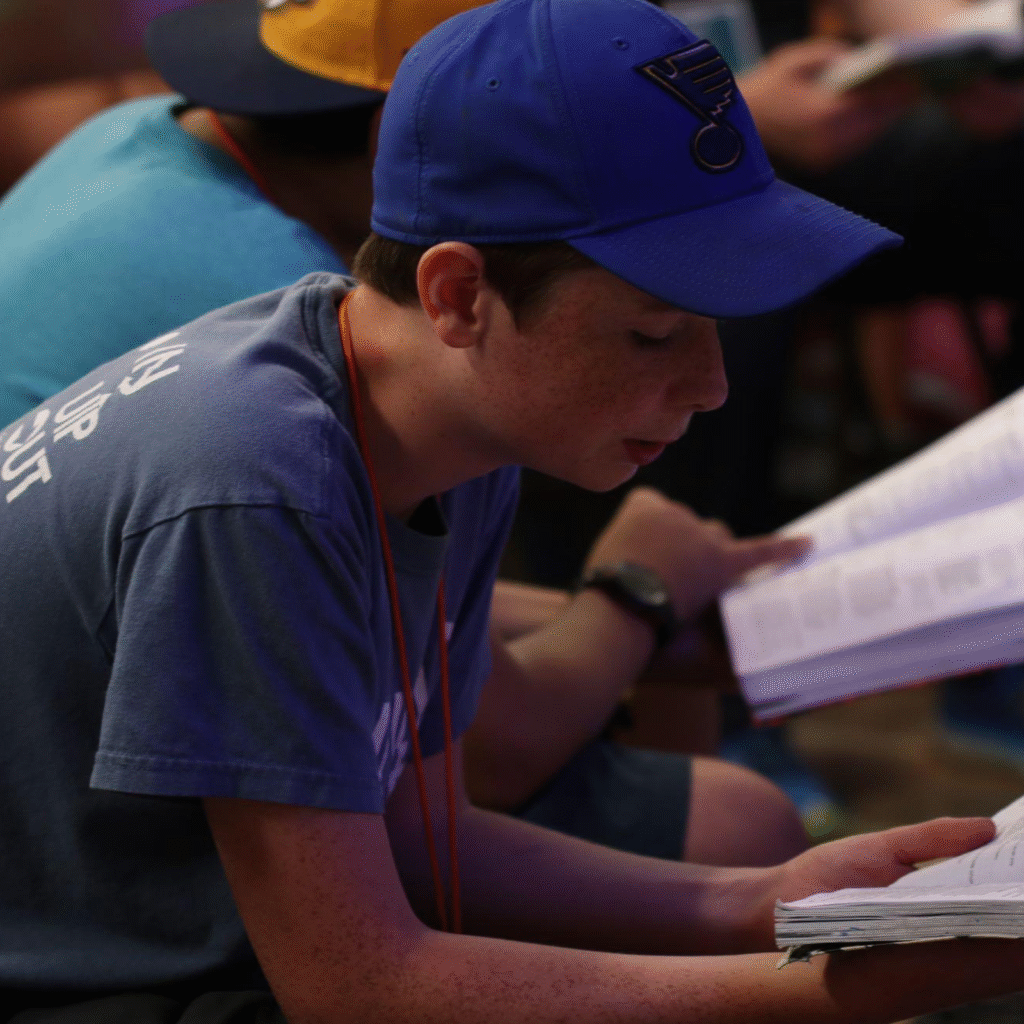
Dr. David White
Rev. Dr. White has just retired as the C. Ellis and Nancy Gribble Nelson Professor of Christian Education, Professor in Methodist Studies at Austin Presbyterian Theological Seminary in Austin, TX. He now serves on the board of CYMT.
Many of us have wrapped the concept of sabbath in old newspapers, put it away on a shelf in our mental closet, and forgotten about it. We remember old stories of sabbath blue laws and strict rules, so we may be prone to say, “good riddance.” Others of us today are reopening the sabbath gift, but we’re tired and need a breather, and remember sabbath was about resting, and so sabbath is reduced to a merely therapeutic appliance for recovering our strength so that we can be more productive. Keeping sabbath should neither be forgotten nor reclaimed merely in the service of greater production or consumption. As Dorothy Bass reminds us,
“the same forces that make it difficult to keep sabbath, also make it a prophetic and relevant practice for our time. Exploring it anew is worth the effort.”[1]
If we are to understand the prophetic witness of sabbath keeping, we must understand the realities of time it confronts.
With the advent of the clock, which only became mass-produced in the 19th century, time became radically separated from both the internal (e.g., heartbeat, breathing, hunger patterns, menstruation) and external (e.g., the cycle of day and night, growing seasons, annual celebrations) rhythms to which pre-modern people once aligned themselves.[2] Once time can be measured apart from internal or external rhythms, time begins to appear “under our control.” In a capitalist economy, we are told, “time is money,” to “make the most of our time,” or to “use our time wisely” as if it were one more commodity to be managed and not wasted. Thus, activities are measured by their time-efficiency and potential cash value.[3] In recent decades, computer technology increasingly encourages the cramming of greater productivity into discrete units of time, blinding us to multi-dimensionality, the capacity to experience the flow of time as yielding gradually emerging, cumulative insight into our world. Within a totalized technological perspective time is compressed and human experience itself becomes truncated as attention to the world is superseded by efforts to control and commodify time.
The commodification of time confronts adolescents as an especially harsh reality. G. Stanley Hall once described adolescence as the “vernal (springtime) season of the heart”[4] in which young people, in their surplus of vitality, are naturally more attentive to the world’s beauty, truth, and goodness as it sparks in them an emerging sense of purpose. Hall saw adolescence as a time of readiness or hunger for vital experiences. Yet, today, teens must learn to suppress, for example, their bodies’ internal demand for sleep or their innate curiosity about the wider world, as the rigid schedule of classes and deadlines make unyielding demands. Delight in the world’s manifold wonders is often subverted by sterile classrooms with promises of future economic security. Without time to attend the world’s wonders young people may falter without purpose or in lives calculated to build wealth or status, or to perform some utility without felt significance.
For adolescents, keeping sabbath can provide experiences that invite wonder and gratitude as foundational to adult vocation.
Jews and Christians have long recognized that our experience of time is determinative for our freedom to delight in the world as God’s gift and to imagine our role in creatively stewarding its goodness. The Judeo-Christian practice of keeping the sabbath represents a challenge to societies that reduce all human activity to control, profit, and consumption.
The sabbath is an invitation to “another world” in which God’s gifts of creation and redemption are received and celebrated with delight.
Throughout history, the sabbath is filled with activities such as joyful worship, feasting, singing, playing, taking delight in nature and in one another, freedom that contributes to the freedom of others and to the well-being of the natural world. In sabbath we rest from grinding work, commerce, worry, or comparison. Keeping the sabbath reminds us and our teens of Christ’s redemption in which all things are beginning to be restored to their intended harmony, a memory and hope inscribed on our bodies and imaginations and extending to the other six days of the week.
For teens especially, keeping the sabbath may provide a contrast to rhythms of time that evacuate delight, curiosity, gratitude, and creativity, an alternative that prompts a sense of identity and purpose grounded not in the demands of the market or empire but in their response to God’s work of creation and redemption.
[1] Dorothy Bass, Receiving the Day: Christian Practices for Opening the Gift of Time (San Francisco: Josey-Bass, 2001).
[2] Hans Bernard Meyer, “Time and the Liturgy: Anthropological Notes on Liturgical Time,” Studia Liturgica 14 (1982): 4-22 at 4-7.
[3] For a perceptive treatment of the impact of the mechanical clock on modern civilization see Lewis Mumford, Technics and Civilization (New York: Harcourt, Brace & Jovanovich, 1963).
[4] G. Stanley Hall, Adolescence: Its Psychology and Its Relations to Physiology, Anthropology, Sociology, Sex, Crime, Religion and Education, Vol. 2 (Appleton, 1921), p. 142.


